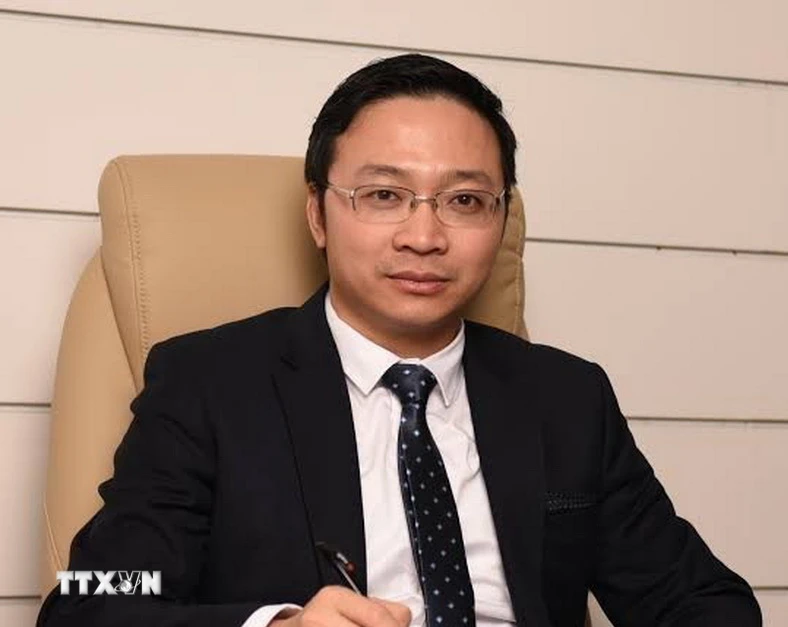
The Vietnamese community in Australia currently has more than 350,000 people, most of whom live in populous, economically developed states such as New South Wales, Victoria, South Australia, Western Australia, and Tasmania.
Understanding and mastering Australian law is essential for foreigners in general and Vietnamese people in particular when settling, living, studying or traveling to this Oceanian country.
To understand the difficulties and problems of Vietnamese people in Australia, VNA reporters in Australia had an interview with Lawyer Do Gia Thang, founding member of the multinational law firm Viozi Legal-Nguyen Do Lawyers based in Melbourne, and General Secretary of the Business Association of Overseas Vietnamese (BAOOV) and General Secretary of the Vietnamese Business Association in Australia (VBAA).
Lawyer Do Gia Thang affirmed that basically, most Vietnamese people in Australia are conscious of obeying the laws of the host country.
According to him, Vietnamese people have the ability to adapt to their surroundings quite well, regardless of the circumstances. When living, studying and working in countries that respect the rule of law like Australia, Vietnamese people are more aware of obeying the law because of the factor of "herd consciousness."
Most Australians are very law-abiding, even in the smallest matters such as waiting in line, not littering in public places, obeying traffic laws, etc. Therefore, if they break the law, Vietnamese people will feel isolated and unable to integrate with those around them.
However, the question here is whether the Vietnamese people’s perception of the law is always correct or not? The answer is “no.” There are many schools that comply with and wish to follow the laws in Australia, but the implementation is not correct due to differences and conflicts in thinking, culture, habits and beliefs.
Lawyer Do Gia Thang cited an example: in Vietnam as well as other countries, it is completely normal for parents to teach and train their children to help with housework from a young age, in the sense of "teaching children from a young age."
However, in Australia, the practice of “spare the rod and punish” as commonly understood in Vietnam can be considered illegal abuse of minors (under 15 years old).
Lawyer Do Gia Thang emphasized that child abuse is a serious criminal offense under Australian law. In Australia, if parents beat and scold their children and the child reports the act to the school, the school will call social workers and they will immediately come and take the child away, and ban the parents from seeing their children for 1-2 years depending on the severity of the violation.
Lawyer Do Gia Thang believes that in reality, this is not necessarily an intentional mistake of the Vietnamese people but is due to the differences in culture and thinking between the two countries. Due to these differences, Vietnamese people living in Australia, either unintentionally or due to lack of knowledge of Australian law, commit acts that are considered violations of the law.
Besides, there are also many Vietnamese people living in Australia but do not know the law to protect themselves, leading to being disadvantaged.
Lawyer Do Gia Thang cited the example of many Vietnamese brides who come to Australia on marriage visas, due to lack of understanding of Australian law, often "bite the bullet" when being abused by their husbands because they fear that if they resist, their husbands will no longer sponsor them and they will be deported back to their home country.
Lawyer Do Gia Thang said that Australian law is to “protect the vulnerable,” so if a Vietnamese bride is abused, she can still annul the marriage and has the right to request the Australian Department of Immigration to grant her a permanent visa.
Lawyer Do Gia Thang said that Australian law is to “protect the weak,” so if that situation occurs, the Vietnamese bride can still cancel the marriage and has the right to request the Australian Department of Immigration to grant a permanent visa.
Similarly, many Vietnamese workers go to Australia on work visas sponsored by their employers and think that while they are not permanent residents, they will depend on their employers, so if their employers abuse them, force them to work overtime, pay them low wages, etc., they will usually accept the loss and stay silent for fear that if they protest, their employers will not sponsor them and they will be forced to return home.
Lawyer Do Gia Thang said that in such situations, employees have the right to report illegal acts by their employers, and the Australian Department of Immigration still ensures that employees have time to find a new employer.
To help Vietnamese people in Australia better understand the laws of the host country in order to both properly enforce them and protect their own rights while living, studying and working in this country, Lawyer Do Gia Thang proposes a number of solutions:
Firstly, he believes that to understand the Australian mindset as well as clearly perceive the laws of this country, information is needed. In today's 4.0 era, information comes from many sources, not only newspapers but also from social platforms, online news sites, government information portals, etc. As long as they are willing to read and learn, Vietnamese people can easily update the latest legal regulations of the host country.
Second, Vietnamese people need to improve their foreign language skills, specifically English. Language is one of the barriers that many Vietnamese people in Australia find difficult to overcome.
Lawyer Do Gia Thang believes that in order to protect themselves, Vietnamese people must first be proficient in English to be able to listen, speak, read, write fluently and communicate effectively with Australian society, and accurately understand what the law stipulates.
However, for those who are not fluent in English in Australia, they can still receive help from free interpreters because Australia has a free interpreter service for non-English speaking ethnic groups.
Third is changing living habits. According to Lawyer Do Gia Thang, not only Vietnamese people but also other communities in Australia rarely expand their relationships with the locals but often cluster together.
That is why in Australia, areas such as China Town (concentrated with a large Chinese population), Bankstown, Cabramatta, Marickville (concentrated with a large Vietnamese population), Little India (concentrated with a large Indian population)... were formed.
Lawyer Do Gia Thang believes that this is a good habit, an advantage because it is thanks to the solidarity and cohesion of the community that the Vietnamese people have been able to preserve their cultural identity after thousands of years of Chinese domination. However, this habit has the disadvantage of not being open.
Mr. Do Gia Thang said that to raise awareness of the law, we must expand our relationships and living area, and talk more with local people because this is also a channel for Vietnamese people to know more information.
Fourth, take advantage of the Australian Government’s free support and advice channels. For example, students or many Vietnamese people who have just come to study and live in Australia often do not know that Australian rental laws strongly protect tenants, so when they are oppressed or illegally evicted by landlords, they accept to leave.
Therefore, if they read a lot and talk a lot with native people, they will understand the law and understand that landlords cannot easily evict them from their rented houses, thereby finding measures to protect their rights.
In Australia there is an organization called “Tenants'Union”.
This organization receives government funding, grants and provides free services to tenants who have been treated unfairly by their landlords to handle cases where the landlord is wrong.
“Tenants'Union” will sue these landlords in court, then they will collect money from these people. This is a very good free support mechanism to protect the weak side (tenants) that Vietnamese people often do not know to ask for help.
In addition, Vietnamese people can receive help from social workers, community organizations that provide free services for newcomers or those who do not know English because they have a certain knowledge base in many different fields to offer advice and help.
Finally, Vietnamese people can go to Vietnamese law offices in states specializing in specific fields for advice, assistance, opinions and legal advice./.
Source


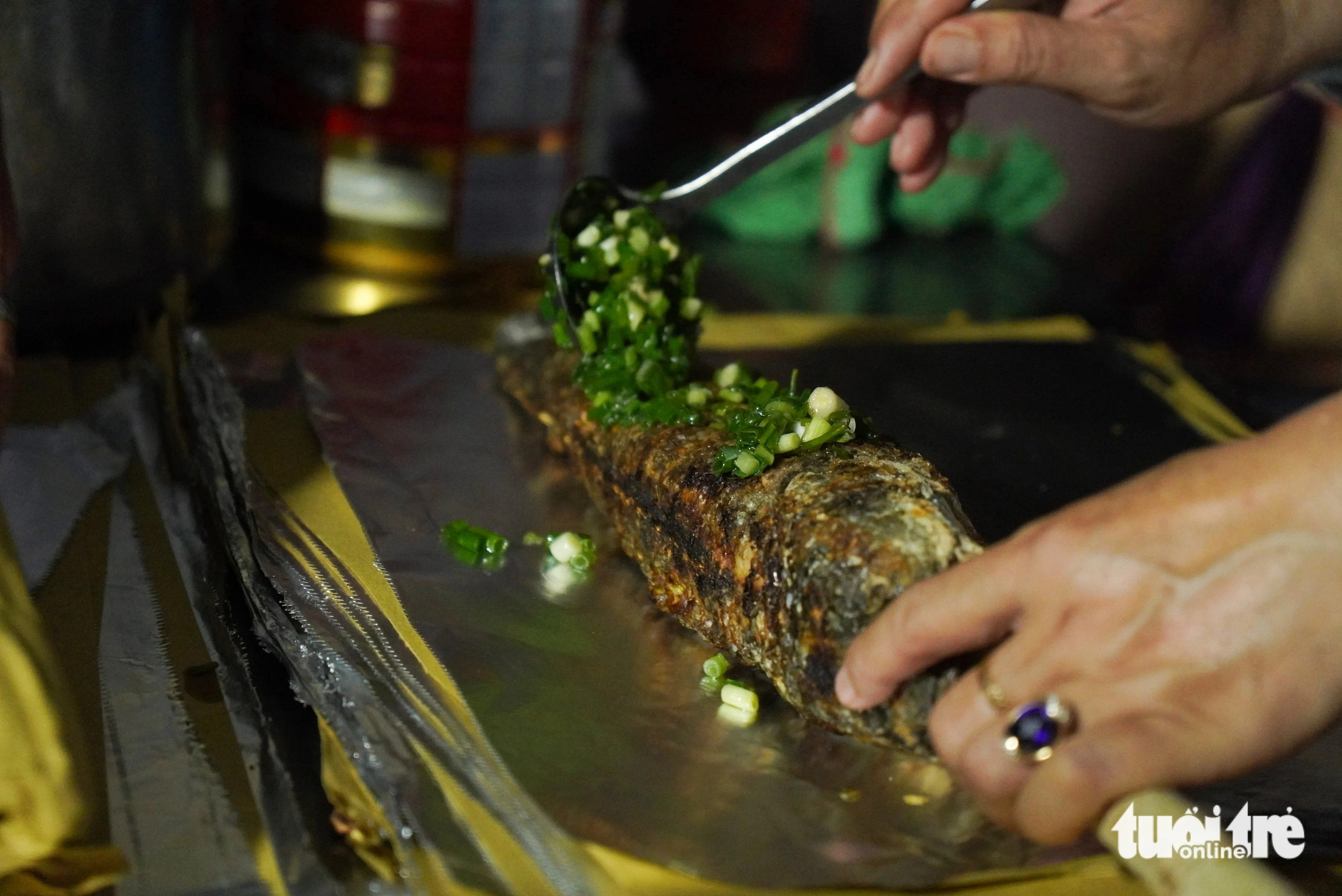



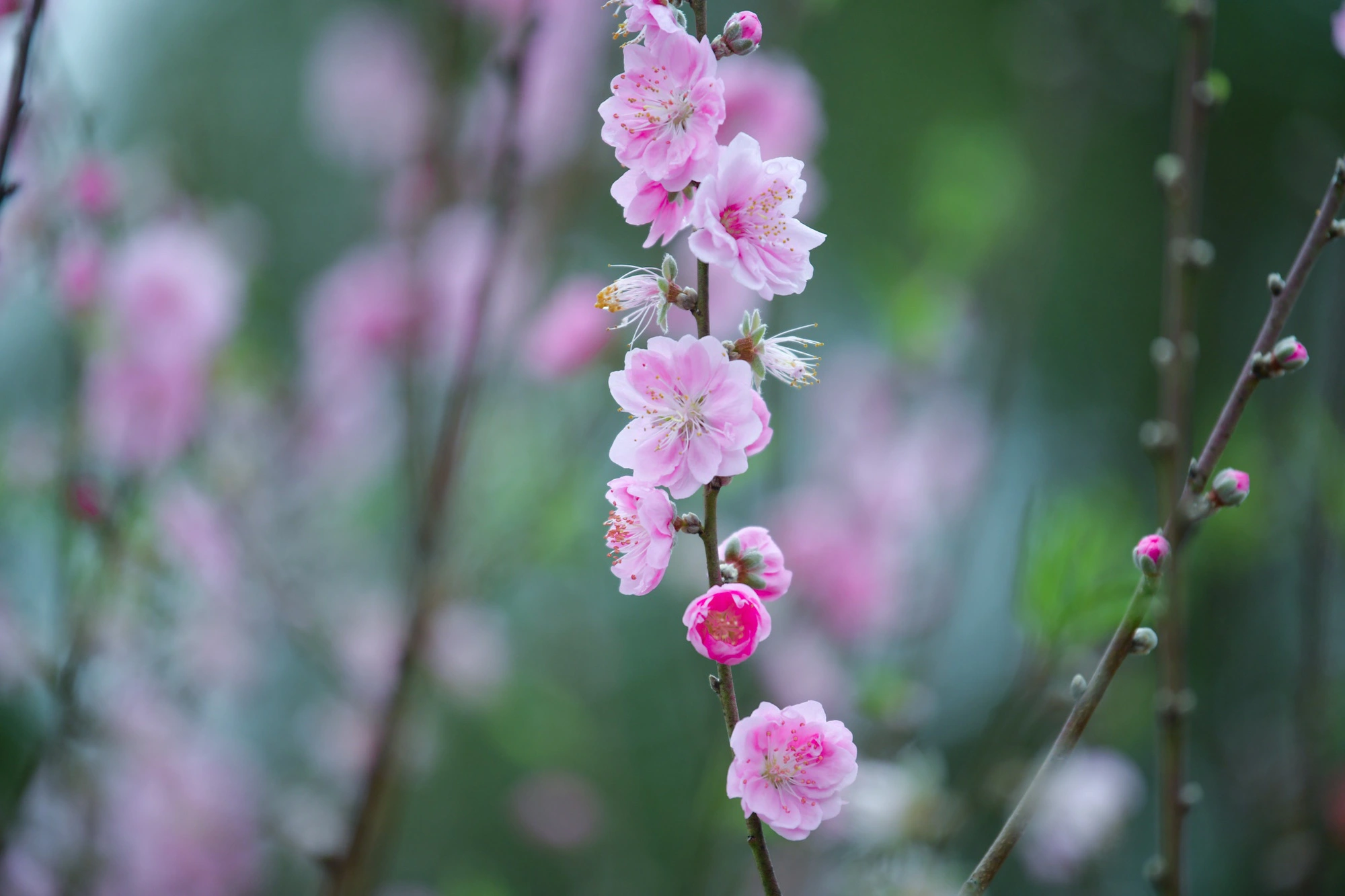























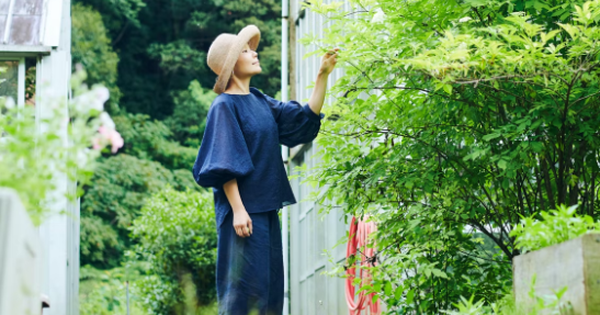

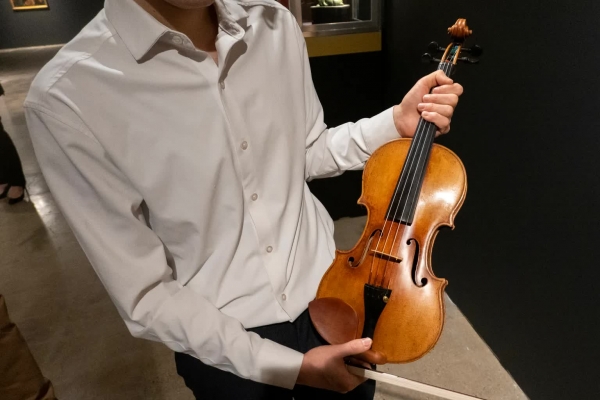

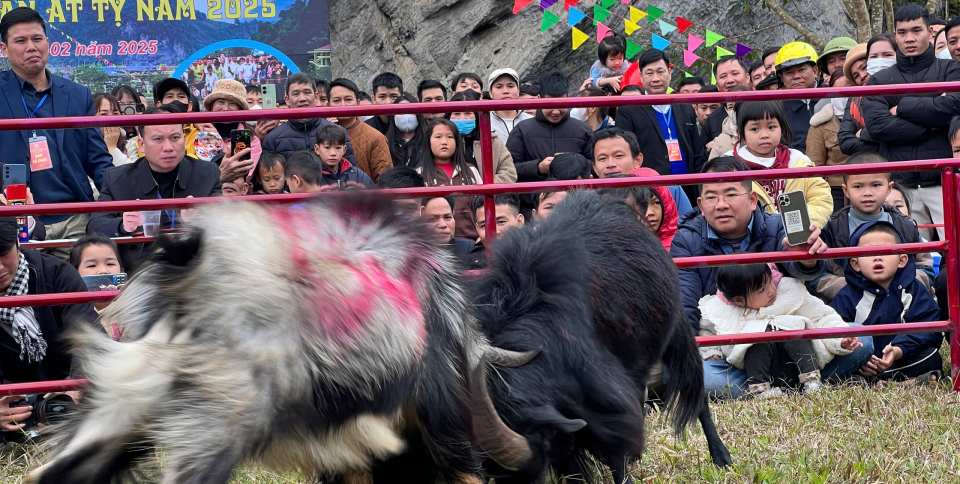

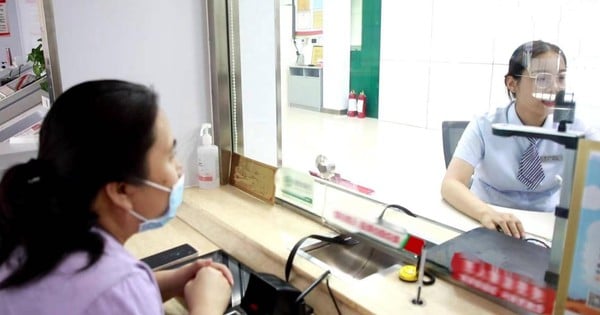


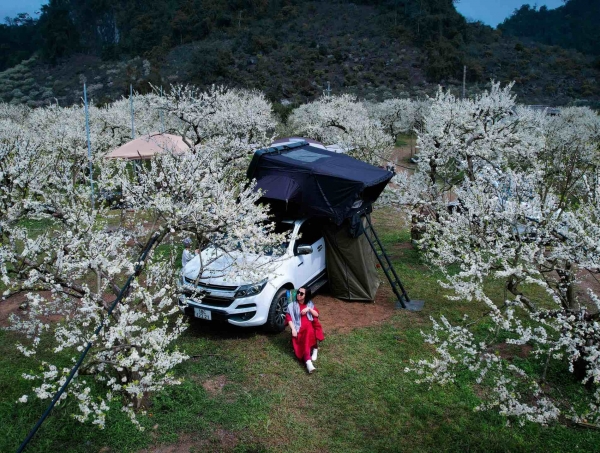
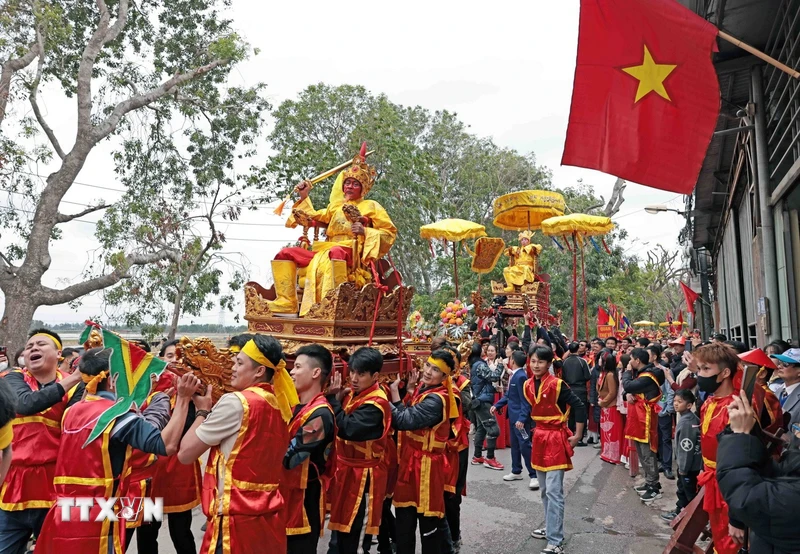
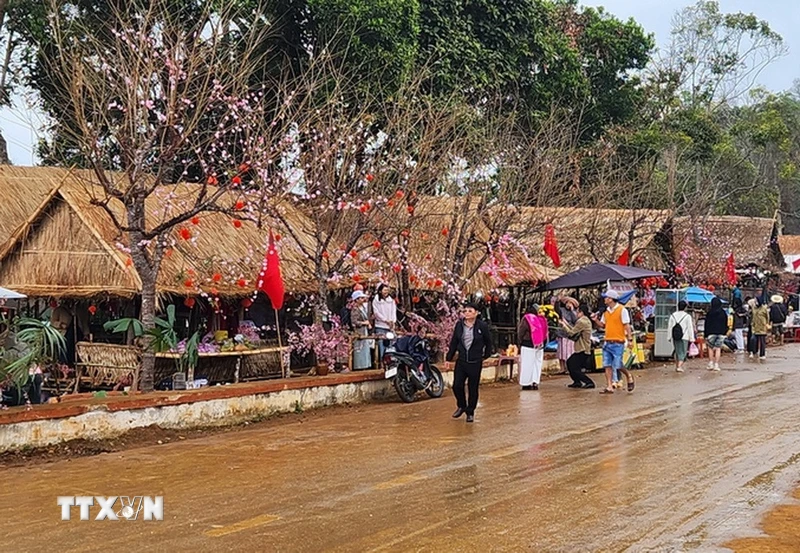
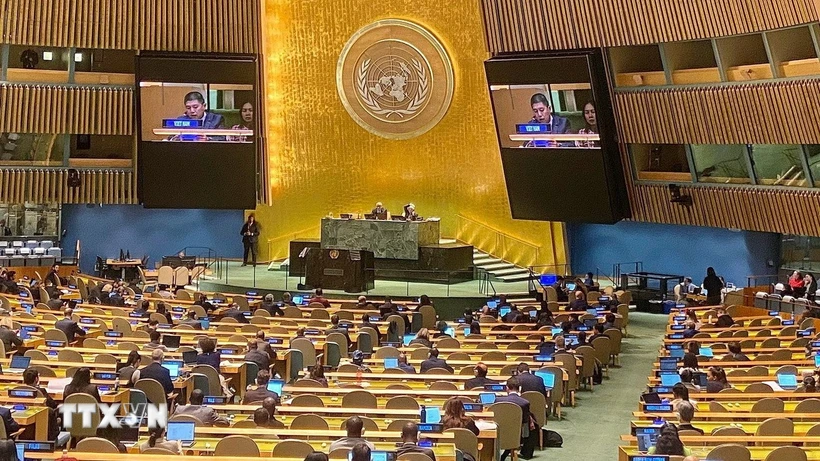

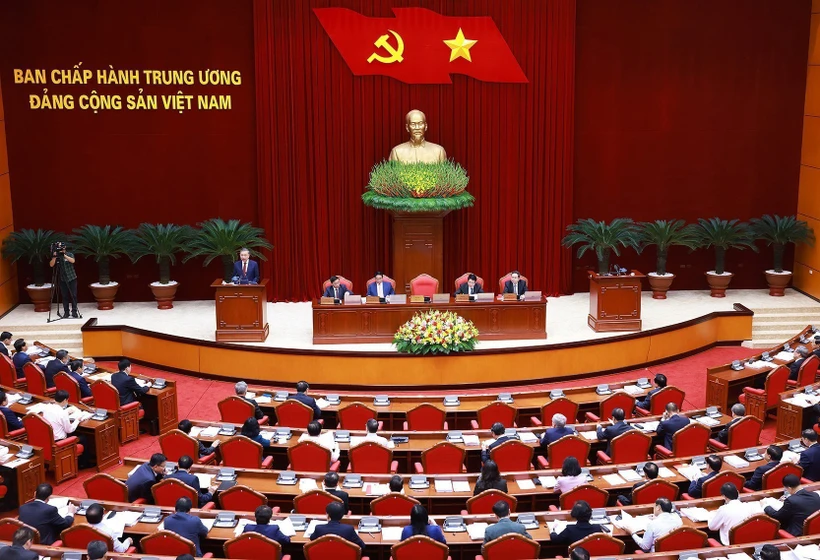
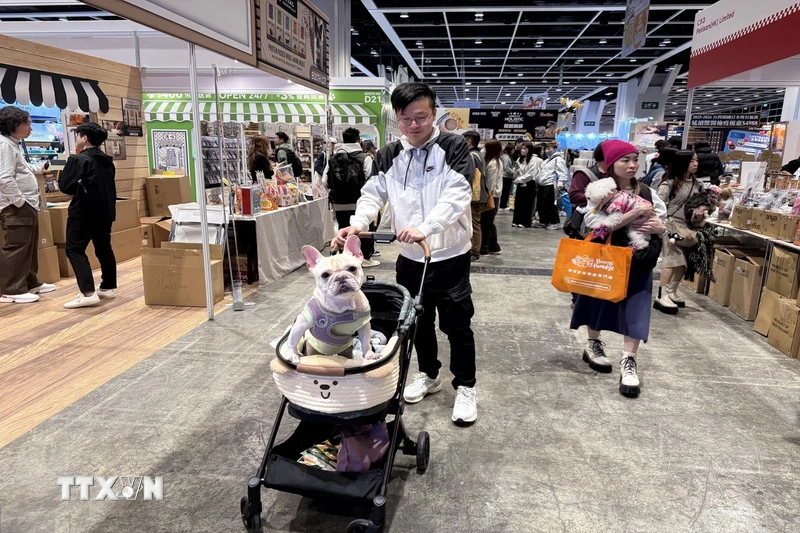

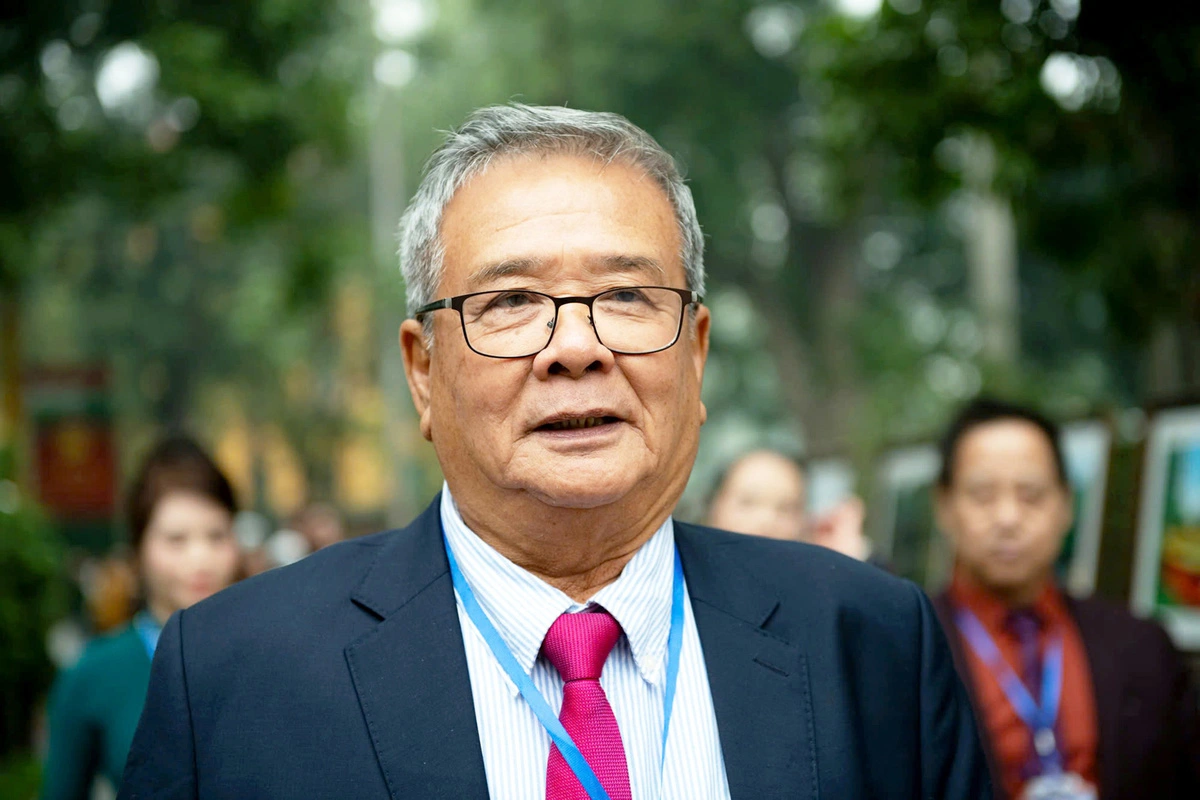

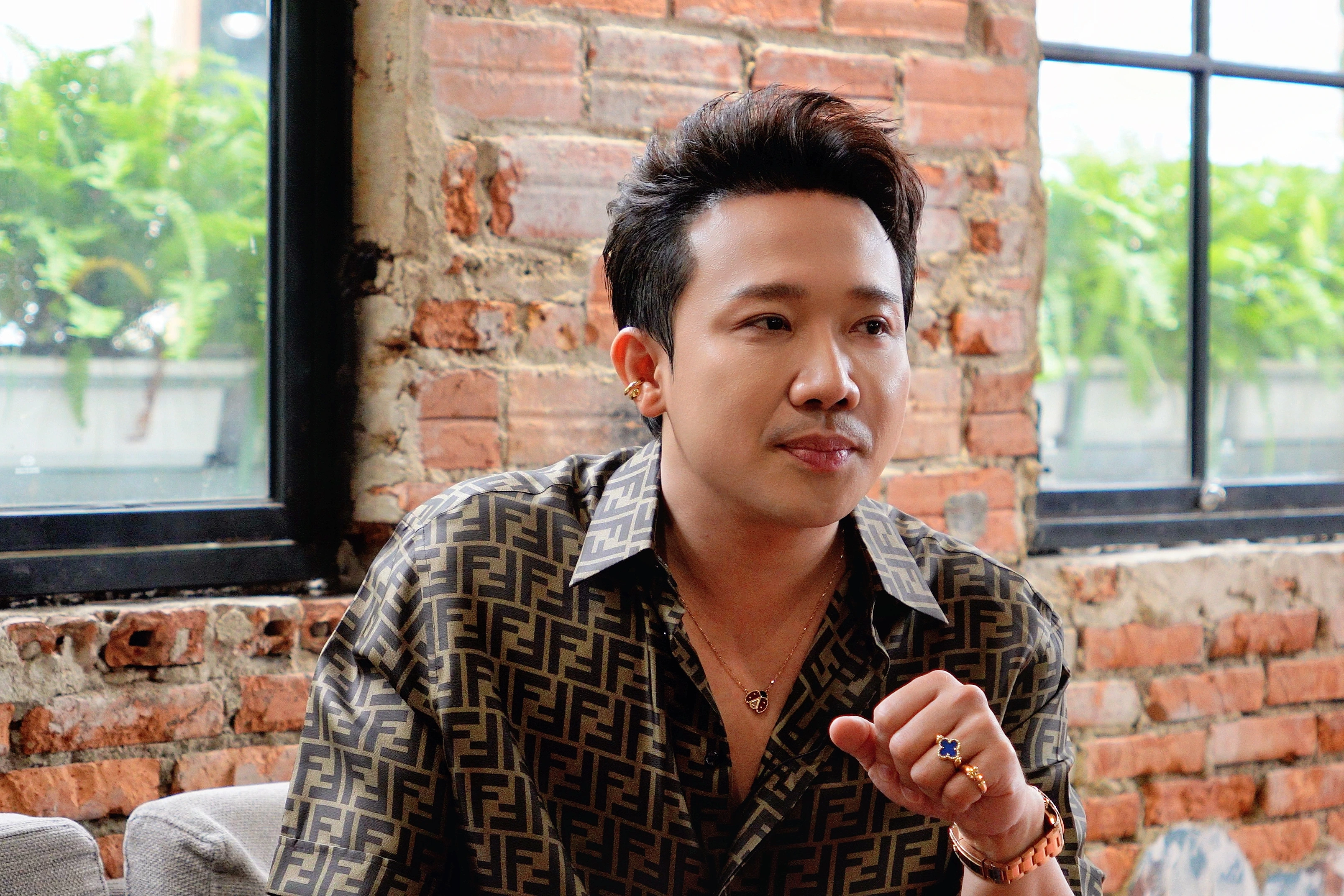



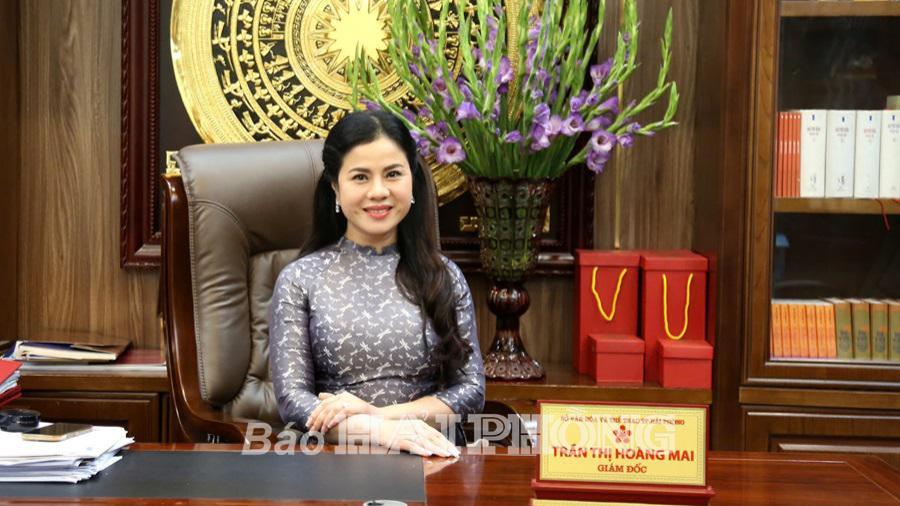

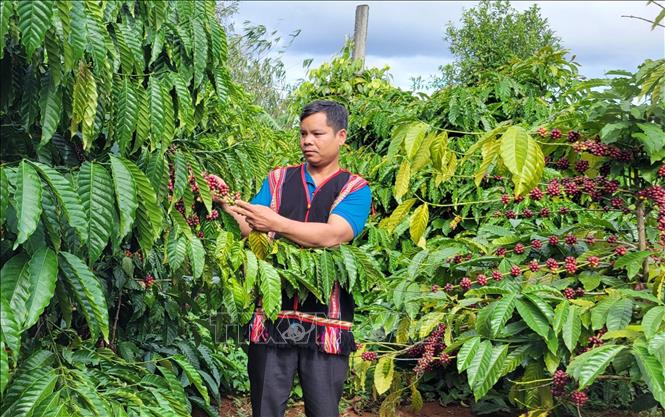





Comment (0)